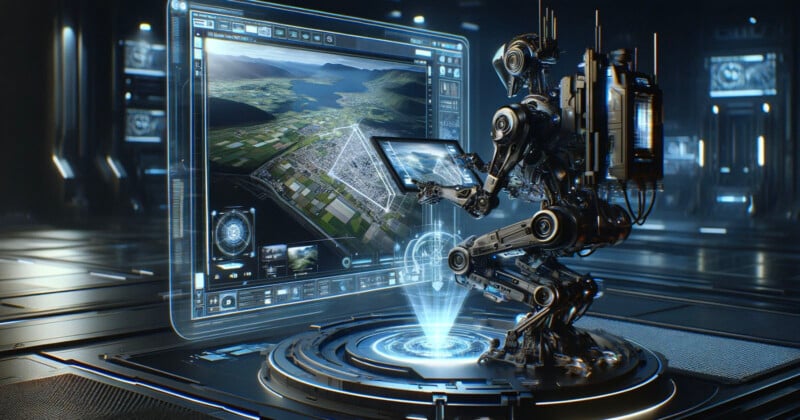This AI Can Geolocate Photos Faster and More Accurately Than Any Human

Researchers at Stanford University have developed an AI that can geolocate a photo in a matter of seconds.
Many photographers and photo editors have been faced with a picture they don’t know the location of but would like to. And while this new AI technology helps with that task, others have pointed to privacy concerns.
Predicting Image Geolocations, or PIGEON for short, was trained on data from Geoguessr; a game where the player is shown a random Google Street View image and has to guess the location.
To see how good PIGEON is, the three students who created the program pitted it against one of the world’s best Geoguessr players: Trevor Rainbolt.
Rainbolt was previously featured on PetaPixel after he geolocated Jack Harlow’s album cover in just a few minutes. The photo location expert has taken on AI programs before and beaten them, but not so with PIGEON.
“We weren’t the first AI that played against Rainbolt,” says Silas Alberti, one of the students who made PIGEON. “We’re just the first AI that won against Rainbolt.”
Alberti, along with his two friends and colleagues Michal Skreta and Lukas Haas, say that PIGEON ranks in the top 0.01 percent of Geoguessr players in the world.
They claim PIGEON can correctly guess the country a photo was taken in 95 percent of the time and within 25 miles of the actual location. It can pick up clues that humans don’t such as the foliage, soil, and weather.
PIGEON was trained on a dataset of 500,000 Street View images. “That’s actually not that much data, [and] we were able to get quite spectacular performance,” adds Alberti.
The three Stanford students say that the technology’s upsides include helping with biological surveys or identifying roads where the power lines have fallen down.
However, Jay Stanley, a senior policy analyst at the American Civil Liberties Union, tells NPR he worries that if technology like PIGEON becomes widely available then it could be used for nefarious purposes such as government surveillance, corporate tracking, or even stalking.
“From a privacy point of view, your location can be a very sensitive set of information,” he says.
The NPR journalist, Geoff Brumfiel, who interviewed the Stanley students, gave PIGEON some personal photos he took from years ago that have never been published online. It included a photo of him on a backcountry trail in Yellowstone National Park which PIGEON guessed to be within 35 miles of where the photo was taken.